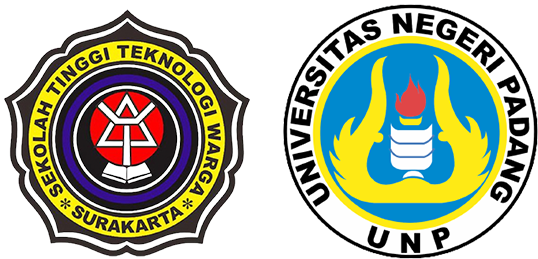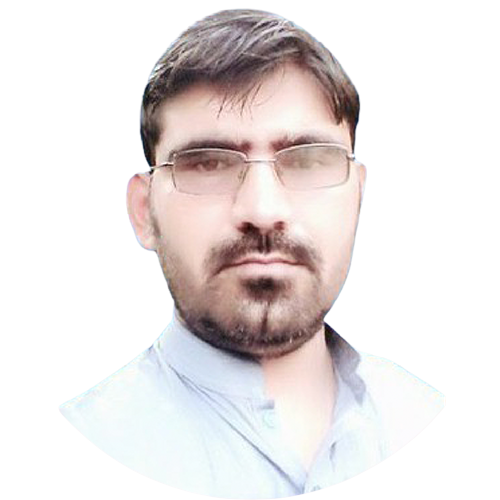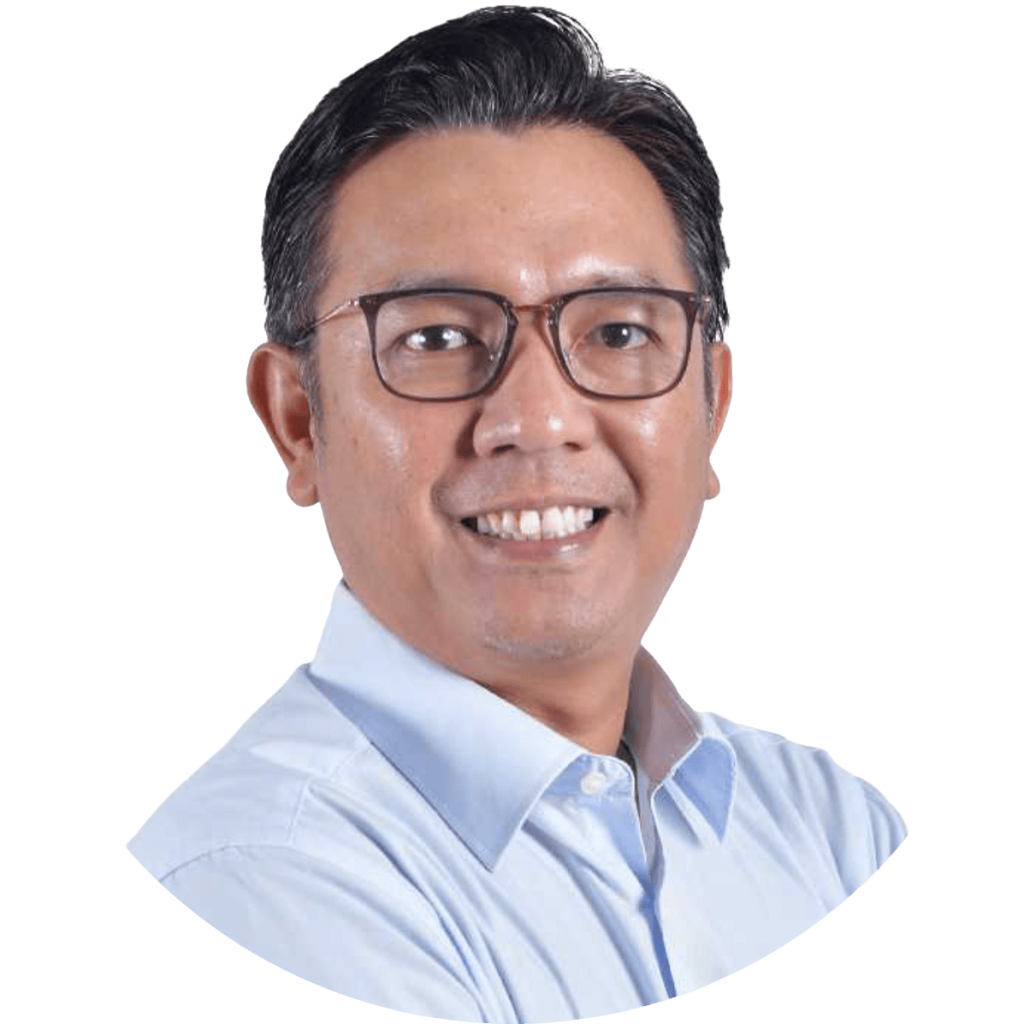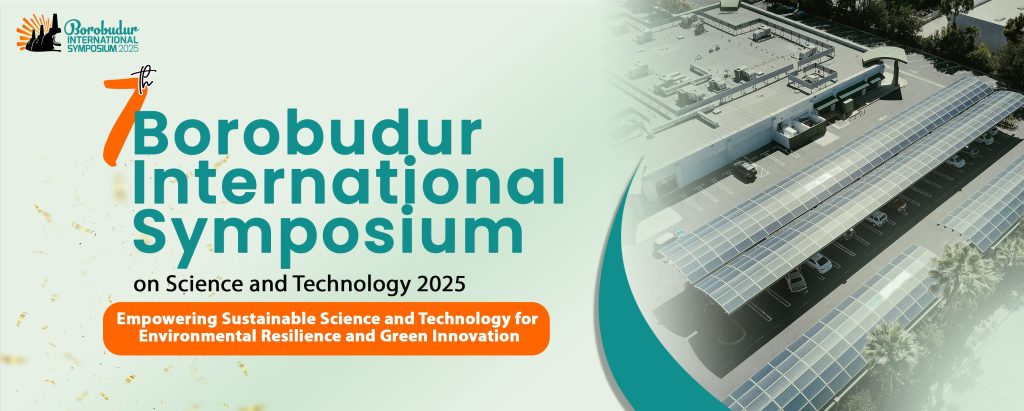
*
BACKGROUND
In the face of escalating climate challenges, environmental degradation, and increasing demand for sustainable development, the role of science and technology has never been more crucial. Today, innovation must not only drive progress, but also ensure resilience — resilience of ecosystems, communities, and future generations.
The 7th Borobudur International Symposium on Science and Technology 2025 brings together researchers, academics, practitioners, and policymakers to share ideas and innovations that align with the global pursuit of sustainability. With the theme “Empowering Sustainable Science and Technology for Environmental Resilience and Green Innovation”, this symposium aims to explore scientific breakthroughs and technological solutions that support environmental recovery, promote renewable energy, improve sustainable agriculture, enhance climate adaptation strategies, and foster circular economy practices.
This international forum encourages interdisciplinary dialogue and collaboration across environmental sciences, engineering, agriculture, energy, and digital technologies — all of which are essential to achieve a greener, more equitable, and sustainable future.
*
SCOPE
- Analytical Chemistry
- Organic and Inorganic Chemistry
- Physical Chemistry
- Materials Chemistry
- Environmental Chemistry
- Artificial Intelligence and Machine Learning
- Cybersecurity
- Software Engineering
- Human-Computer Interaction
- Data Science and Big Data Analytics.
- Power Systems and Smart Grids
- Electronic Devices and Circuits
- Communication Systems
- Signal Processing
- Embedded Systems and IoT
- Renewable Energy Technologies
- Energy Storage Systems
- Energy Efficiency in Buildings
- Green Manufacturing and Sustainable Design
- Hydrogen Economy and Fuel Cells
- Digital Communication
- Cloud Computing and Edge Computing
- Internet of Things (IoT)
- Blockchain and Distributed Ledger Technologies
- Nanomaterials and Nanotechnology
- Advanced Composites
- Biomaterials
- Smart Materials
- Materials for Energy Applications
- Fluid Mechanics and Thermodynamics
- Robotics and Automation
- Biomechanics
- Additive Manufacturing and 3D Printing
- Renewable Energy Systems
.
KEYNOTE SPEAKERS
* Under Confirmation
publication opportunities
All accepted papers will be published in reputable international proceedings
CALL FOR PAPER
Authors must submit an abstract to the Organizing Committee before November 17, 2025. The abstract must contain the following sections: introduction, purpose, method, results, main finding, implication, and keywords. It must be no longer than 200 words.
[IMPORTANT] Authors must create an account and “Login” to submit the abstract. The submitted abstracts will be selected for presentation. The manuscripts (full papers) should be submitted only after the abstracts are accepted. The paper must be submitted two weeks after the conference day (December 10, 2025). The papers should be written in English and must be between 4 to 6 pages.
To prepare abstracts and manuscripts, kindly follow the author’s guidelines.
IMPORTANT DATES
17
Nov
1
Dec
Notification of Abstract Acceptance
4 Dec
10
Dec
Day
23 Dec
Full Paper Submission Deadline
VENUE

Virtual Conference
Organized by:
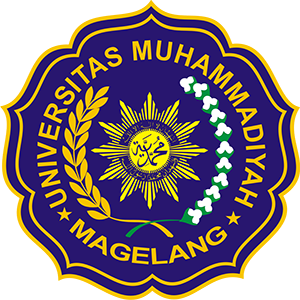
Co-Host:
